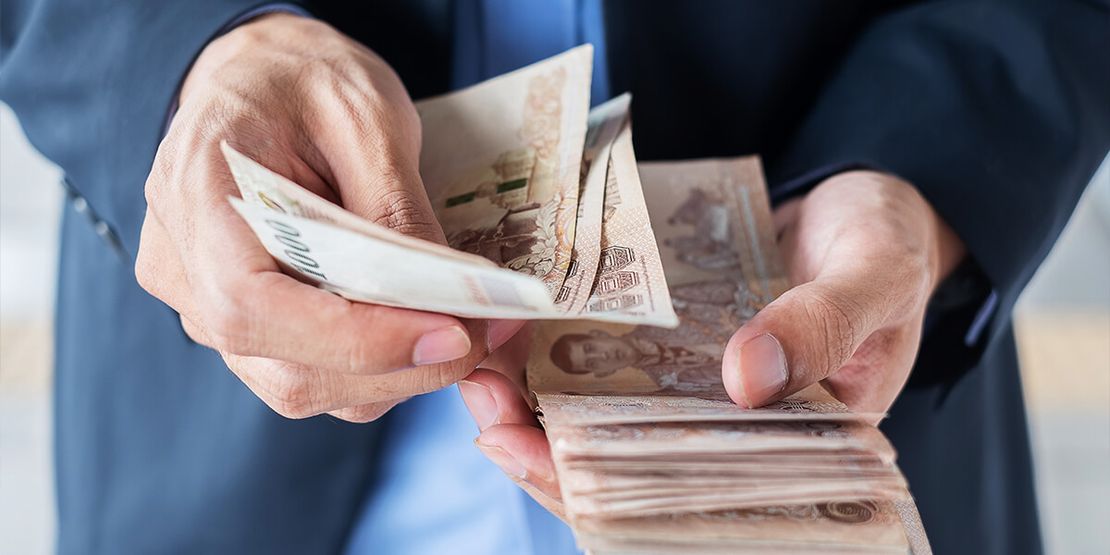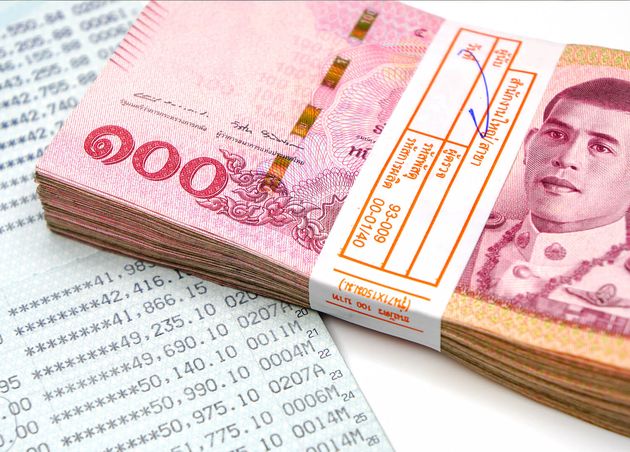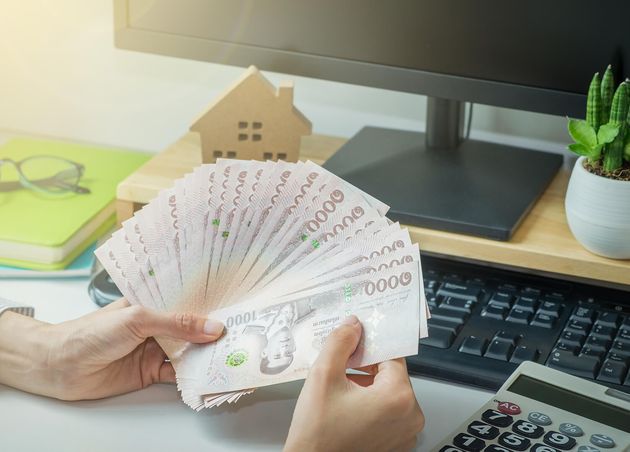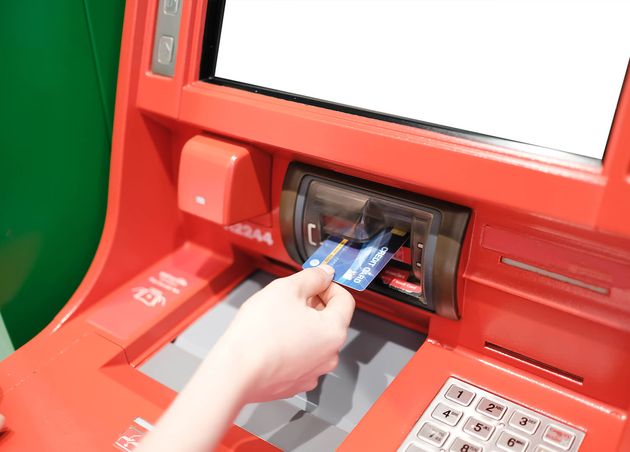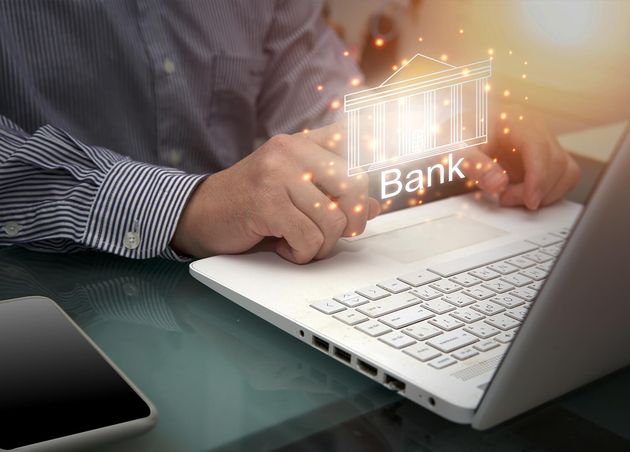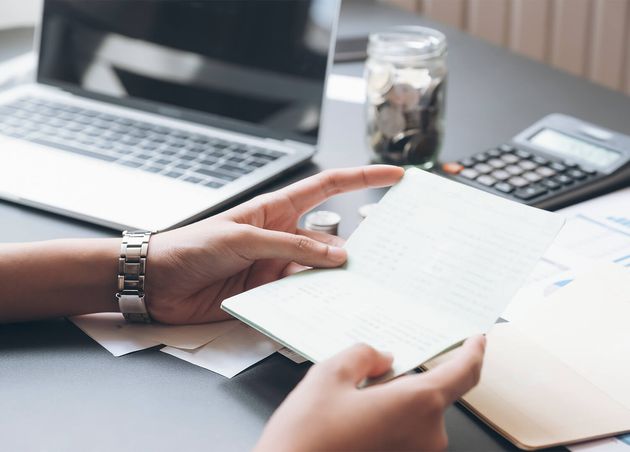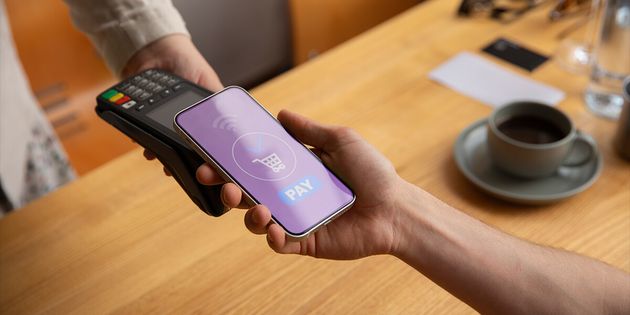Banks in Thailand: Opening an Account Guide for Expats in Bangkok
Are you considering a visit to Thailand for career advancement or retirement? Opening a bank account in Bangkok is crucial for managing finances efficiently, especially if you anticipate receiving payments in Thai baht.
Whether handling retirement funds from abroad or accessing cash for travel expenses, having a local account significantly streamlines these processes. Fortunately, locating the ideal bank or branch has become more convenient, with online account opening options readily available. However, lacking the necessary documentation or understanding of the account opening process can pose inevitable challenges.
Generally, most banks in Thailand require extensive documentation from foreign applicants, emphasizing the importance of proper preparation to avoid complications. This is mostly evident in its capital city, Krung Thep Maha Nakhon (Bangkok). While opening an account is typically straightforward, lacking essential knowledge and documentation could lead to obstacles in the future.
🚀 Expat Fact!
For expatriates, opening a bank account in Thailand can be a tedious process as a lot of it relies upon whether you have a work permit.
Banking Basics in Thailand
Navigating the banking landscape in Thailand requires visiting a branch to open a bank account. However, it's essential to note that not all branches have English-speaking staff, so it's advisable to call ahead before making your trip.
Staff may be more familiar with assisting foreigners, particularly in areas frequented by expatriates and tourists. Upon opening your account, you can expect to receive an ATM or debit card, facilitating self-service banking such as depositing funds via ATM or checking your account balances.
Most banks offer Internet banking services to enhance convenience, but you may need to register for access. You must specify how frequently you require bank statements and your preferred delivery method during the account setup process. It's worth noting that branch opening times may vary, so it's wise to double-check before your visit.
While typical operating hours are Monday to Friday (usually from 10:30 am to 4:00 pm), some banks, like those in Bangkok, offer mini-branches in partnership with retailers like Big C, providing a more limited range of services with extended hours for day-to-day banking needs.
Best Place to Go When Opening a Bank Account in Thailand
When opening a bank account in Thailand as an expatriate, heading to Bangkok is often the best choice, particularly in the business and commercial districts where English-speaking staff are more prevalent.
Opting for banks in prominent malls such as CentralWorld can also be advantageous, as these branches are accustomed to assisting foreigners. For instance, KBank boasts two branches in Siam Paragon, including its Wisdom branch on the third floor and the primary branch on the ground floor, catering to many expatriates seeking to establish accounts. Similarly, branches of TTB and BBL in retail outlets attract expatriates who are inquiring about account opening procedures.
It's worth exploring various banks to inquire about their services and account options. Alternatively, if opening an account in Bangkok is not feasible, consider visiting bank offices in other populous towns or major urban centers across Thailand. Researching their services online beforehand can help streamline the account opening process.
Opening a Bank Account in Bangkok
While opening a bank account in Bangkok is generally considered straightforward, it's crucial to understand that Thai banks prioritize stringent checks and screenings to uphold their reputation and deter fraudulent activities. Operating within the economic policies and terms outlined by the Bank of Thailand, all banks in Bangkok impose specific prerequisites, including visa type and required documentation. However, expatriates need not be intimidated by these requirements.
As long as you possess the correct visa and necessary documents, opening a bank account in Bangkok is relatively straightforward. Expatriates employed in Bangkok may receive assistance from their companies, but it's also beneficial to familiarize yourself with Bangkok banks and their services independently. By ensuring compliance with visa requirements and gathering the required documentation, expatriates can confidently and easily navigate the account opening process.
🚀 Expat Trivia!
Even where banks offer explicit accounts for non-residents, you'll have to visit a branch in any case to open an account and submit all your paperwork for confirmation.
Choosing the Right Bank in Bangkok to Open An Account
When selecting the right bank in Bangkok to open an account as an expatriate, the process typically takes less than an hour, contingent upon factors such as location, timing, nationality, and the bank representative you encounter. It's important to note that some bank staff have limited English proficiency, if any at all.
However, with luck, you may encounter someone fluent in English. Here's a list of popular banks in Thailand:
- Krungthai Bank (KTB)
- Siam Commercial Bank (SCB)
- TMB and Thanachart Bank (TTB)
- Kasikorn Bank (KBank)
- Bangkok Bank (BBL)
- Krungsri (BAY)
- Kiatnakin Bank (KK)
- CIMB Bank
When visiting these banks, communicate your reason for being in Thailand, as this information helps them tailor the account to your needs.
Whether you're retiring or working, informing the bank lets them provide you with the appropriate account and services. By considering these factors and selecting the right bank, expatriates can ensure a smooth and tailored banking experience in Bangkok.
Understanding the Banking Charges in Bangkok
Knowing More About ATM and Conversion Charges
Understanding ATM and conversion charges is crucial for expatriates banking in Bangkok. When using your bank's ATM, conversion rate fees and ATM withdrawal fees are typically waived. Some banks may even offer to waive charges for individuals without a work permit or those staying in Bangkok temporarily, usually between 3 to 7 months. However, opening a local account is highly beneficial, as foreign card usage at ATMs often incurs steep withdrawal fees.
Many banks in Thailand may charge a specific amount of Thai Baht to open an account. However, if you find yourself without a bank account and need to withdraw in Bangkok, you can avoid ATM withdrawal fees by visiting the bank's branch with proof of identity and conducting transactions within the banking hall. By being aware of these fees and options, expatriates can make informed decisions to minimize costs and effectively manage their finances while banking in Bangkok.
Type of Bank Accounts for Expats to Open in Bangkok
Which Type of Bank Account is Appropriate for You?
Choosing the appropriate bank account in Thailand depends on your specific circumstances and financial objectives. If you're a foreigner retired or working in Thailand, consider the following options:
-
Savings Account: Ideal for accumulating funds over time, a savings account typically comes with a passbook and may offer the option of a debit card with annual charges. It's suitable for individuals looking to earn interest on their savings while maintaining liquidity.
-
Current Account: A current account may be more suitable if you're involved in business activities or hold a work permit. It typically includes a checkbook and is designed for day-to-day transactions, offering convenient access to funds.
-
Fixed-term Account: Retirees with a non-immigrant visa or its equivalent may find a fixed-term account beneficial for preserving savings and earning interest over a specified period. By depositing funds for a set term, retirees can potentially secure higher interest rates on their savings.
By assessing your financial goals and transaction needs, you can determine which type of bank account best aligns with your requirements and preferences while living in Thailand.
Required Documents to Open a Bank Account in Bangkok
When opening a bank account in Krung Thep Maha Nakhon (Bangkok), the required documents may vary depending on your specific branch and bank. However, as a general guideline, you should prepare the following basic requirements:
-
Passport: A valid passport for identification purposes is essential.
-
Visa/Work Permit: Depending on your circumstances, you'll typically need to provide a work permit, a non-immigrant visa for a long stay, a 3-year non-migrant visa for business, or a non-migrant B visa for business or work.
-
Proof of Address: Documents such as a tenant contract, rent agreement, or any other proof of residency in Thailand.
-
Employment Letter: If you're employed, a letter from your employer affirming your title and work status in Thailand is required.
-
Reference Letter: Obtained from your embassy or home country's bank, serving as a character reference.
Also, it's important to note that other specific requirements aside from the abovementioned may vary from one branch to another within the same bank. Therefore, contacting the bank you plan to visit is advisable to confirm the documents needed for account opening. By preparing these documents in advance, expats can facilitate the account opening process and ensure a smooth transaction at the bank.
In essence, opening a bank account in Bangkok as an expat is a fundamental aspect of settling into life in Thailand. Though initially overwhelming, this process becomes manageable with the right preparation and understanding of the local banking landscape.
By adhering to the outlined steps and considering factors such as banking charges, account options, and required documentation, expatriates can navigate the journey toward financial stability in their new home.
Armed with this knowledge, expatriates can confidently embark on their Thai adventure, knowing they have laid a solid foundation for managing their finances and embracing all this vibrant country has to offer.
Lifestyle Bear
More From The Bear World
Living Abroad: How to Adjust to a New Culture and Language?
Lifestyle Bear
Best Countries for Digital Nomads: Finding Remote Work and a New Home
Marc Tubelleja (Curious Bear)
Bangkok Tap and Pay: Discovering the Leading Providers
Lifestyle Bear


